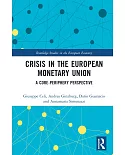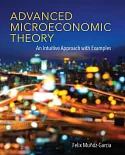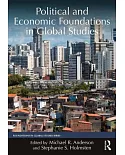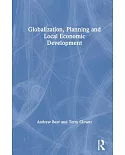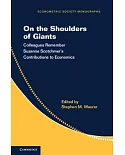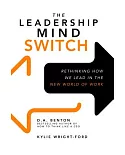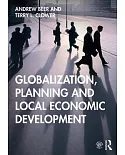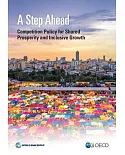George Bernard Shaw once said that reasonable people adapt themselves to the world but that the unreasonable adapt the world to themselves. This book explores how ‘unreasonable’ people
interact to re-fashion the world around them in fragile economic development. Drawing on empirical research in the volatile and traditional context of Afghanistan, this study investigates the
challenge of women’s participation in emerging business, and explores the diverse outcomes for local development.
Institutional Innovation and Change in Value Chain Development explores nuanced institutional phenomena through the lens of social institutions, and moves towards an unveiling of the
interaction of structure and agency in local economic development. Drawing on in-depth qualitative research in the uncertain context of Afghanistan, the case studies specifically investigate
the transformation of the women’s norm of purdah, and the subsequent development of new market institutions in three women’s enterprises.
Shedding new light on the opaque process of institutional change, this research shows that external actors (such as NGOs) can both initiate and guide institutional development. Yet there may
be limitations to their endeavours, with strong resistance from local power holders. This book is suitable for those interested in heterodox institutional discourse including evolutionary
economics, institutional political economists and economic sociologists.



